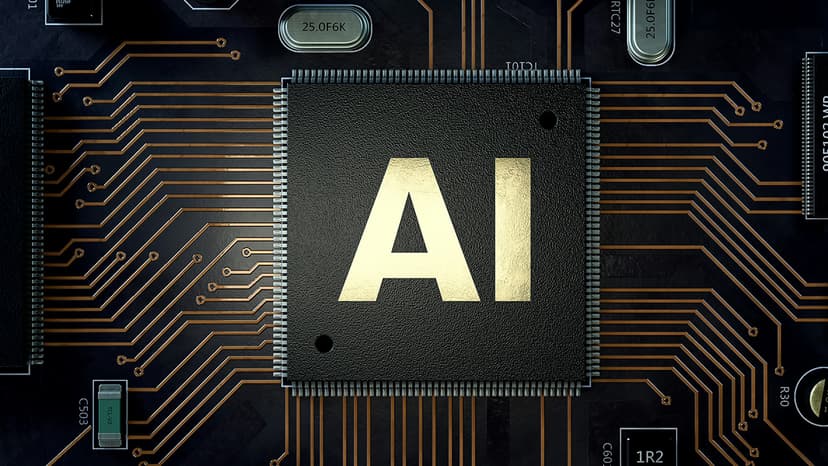8 Examples of Using AI In Manufacturing
AI is transforming the manufacturing industry. Its integration enhances design, production, logistics, and customer service. This shift promotes smarter, more efficient, and sustainable manufacturing processes.
1. Predictive Maintenance: A Game Changer
Predictive maintenance showcases AI's impact on manufacturing. Traditional maintenance schedules can lead to unexpected downtime. AI analyzes sensor data from machinery to predict failures in advance. Companies use AI to monitor equipment, predicting maintenance needs and reducing downtime. This approach saves money by preventing unexpected outages and extending equipment life.
2. Quality Control: Precision at Its Best
Quality control is critical in manufacturing. The cost of defects can be substantial. AI enhances quality control through advanced image recognition and machine learning. These technologies inspect products in real time, identifying defects more accurately than human inspectors. Visual inspection solutions improve defect detection rates, ensuring that only top-quality products reach customers.
3. Smart Inventory Management: Optimizing Stocks
Inventory management can be complex. AI simplifies it by predicting demand, optimizing stock levels, and automating reorder processes. AI analyzes sales data to forecast demand and adjust stock levels. This method reduces storage costs and enhances production planning, ensuring products are readily available.
4. Cobots: Collaborative Robots
Collaborative robots, or cobots, represent a significant advancement in manufacturing. They work alongside humans, handling repetitive or hazardous tasks. This partnership increases productivity and safety. Cobots are equipped with AI to learn and adapt to new tasks, making them versatile tools for various applications.
5. Customization and Personalization at Scale
Manufacturers often need to produce tailored products. AI makes mass customization feasible. AI systems personalize products based on individual preferences without slowing production. This ability enables manufacturers to stand out in competitive markets.
6. Energy Efficiency: Cutting Costs and Carbon Footprints
Manufacturing consumes substantial energy, but AI can enhance sustainability. AI analyzes energy usage data to optimize manufacturing processes and reduce consumption. This illustrates AI’s potential to improve energy efficiency and reduce operational costs.
7. Enhancing Supply Chain Management
AI transforms supply chain management by providing insights into logistics, demand forecasting, and supplier performance. This intelligence enables manufacturers to optimize supply chains for efficiency and resilience. AI assists in predicting demand, managing inventory levels, and automating operations, ensuring quick delivery.
8. Workplace Safety: Protecting the Workforce
AI plays a key role in workplace safety. It analyzes data from wearables and sensors to identify hazards and predict incidents. AI-powered wearables monitor fatigue levels in operators, reducing the risk of accidents.
AI is reshaping manufacturing. From predictive maintenance to improved quality control, AI applications lead to smarter, more efficient, and sustainable manufacturing processes. The future of manufacturing powered by AI promises increased productivity and cost reduction while benefiting the environment.












